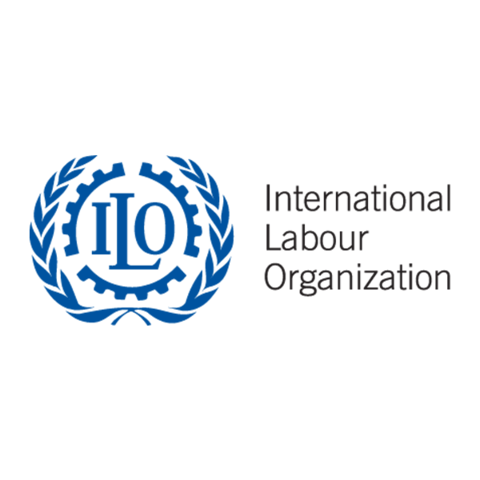Alejandro Alcívar currently lives in Guayaquil, Ecuador. As many young workers in the country, he does not have access to the Ecuadorian social protection system and currently works in the informal sector. He has had several informal jobs; his most recent ones were as an Uber driver in one of Ecuador’s largest cities, where the average earnings are about $30 per day, and as a local workshop assistant. As an informal laborer, Alejandro’s source of income depends on his daily work; however, the spread of the coronavirus, and the inception of the health crisis on March 12 has diminished his chances of finding work abruptly.
The mobility restrictions introduced by the Ecuadorian government on March 17 led to the suspension of most economic activities throughout the country. Although the impact of such measures has not been fully quantified, the effect of the COVID-19 crisis on economic activity has already hit many small businesses, entrepreneurs and informal workers the hardest. In Alejandro’s case, since the beginning of the quarantine, he has not been able to generate income at all. This has led him to spend all his savings on food and basic staples for his aunt and himself, savings that are now long gone.
Guayaquil is the second largest city in Ecuador. According to the National Statistics Office (INEC in Spanish), the city’s poverty rate among young people aged 18-29 years old is 8% (well below the national rate of 19%). However, 35% of them are in the informal economy and only 26% contribute to the social security system. In other words, about 130.000 young people from Guayaquil do not have access to any social protection.
In the context of the current crisis, the COVID-19 has had a disproportionate effect on the most vulnerable population (young people, women, children and the old). Furthermore, a collapsed health system has shown the challenges of the Ecuadorian social protection system; Alejandro’s uncle died several days ago to causes unrelated to the virus; however, he has not been able to retrieve his body and give him proper burial yet.
Physical distancing has affected people in unimaginable ways. Like many others, Alejandro’s stress levels have risen due not only to his lack of employment, but also the mobility restrictions have made it extremely difficult to take care of his sick grandfather, who needs permanent care and does not live near him.
The story of Alejandro reflects the reality of thousands of young Ecuadorian workers in the informal economy, who make ends meet daily and are, regrettably, the less protected ones. In this context and through the JP, we are working closely with different government institutions such as the Ecuadorian Social Security Institute (IESS in Spanish) in the development of a new registration mechanism for informal workers and the contributory scheme that will allow their inclusion to the social security system. Similarly, we are working with the Ministry of Social and Economic Inclusion in the design of innovative payment methods and financial inclusion tools to better target the vulnerable population. Finally, we have started interacting with the Ministry of Labor and the local governments of Guayaquil, Quito, Loja and Machala (the 4 target cities of the project), to identify the mechanisms that can be improved to allow young workers, such as Alejandro, to access decent labor conditions.




















